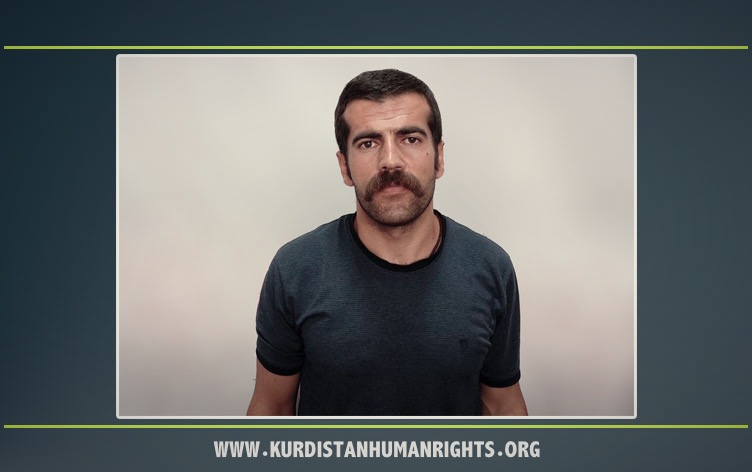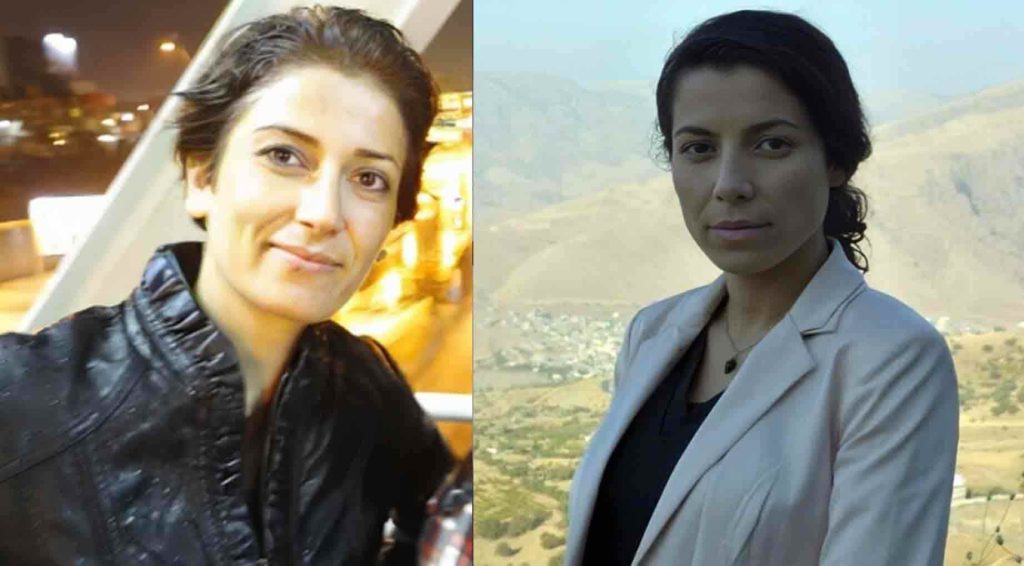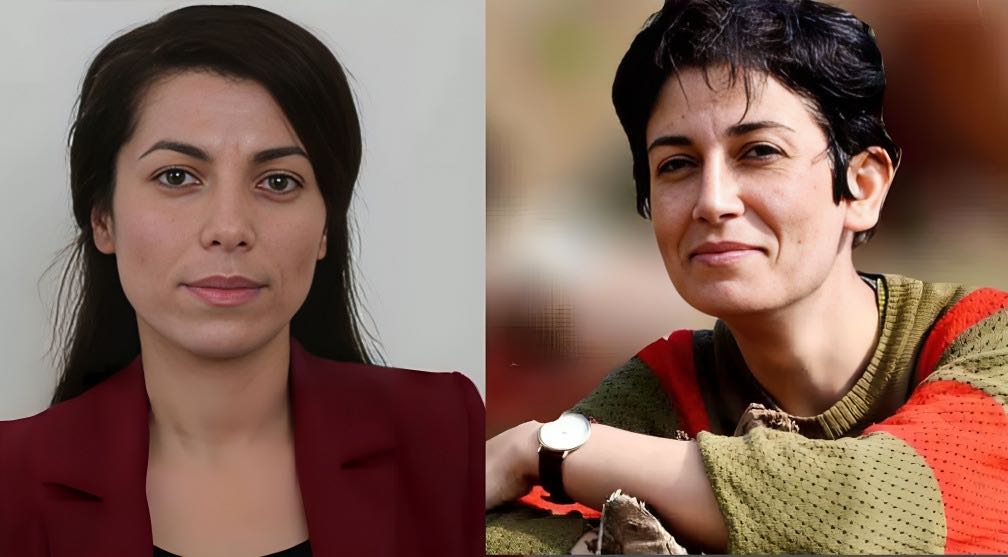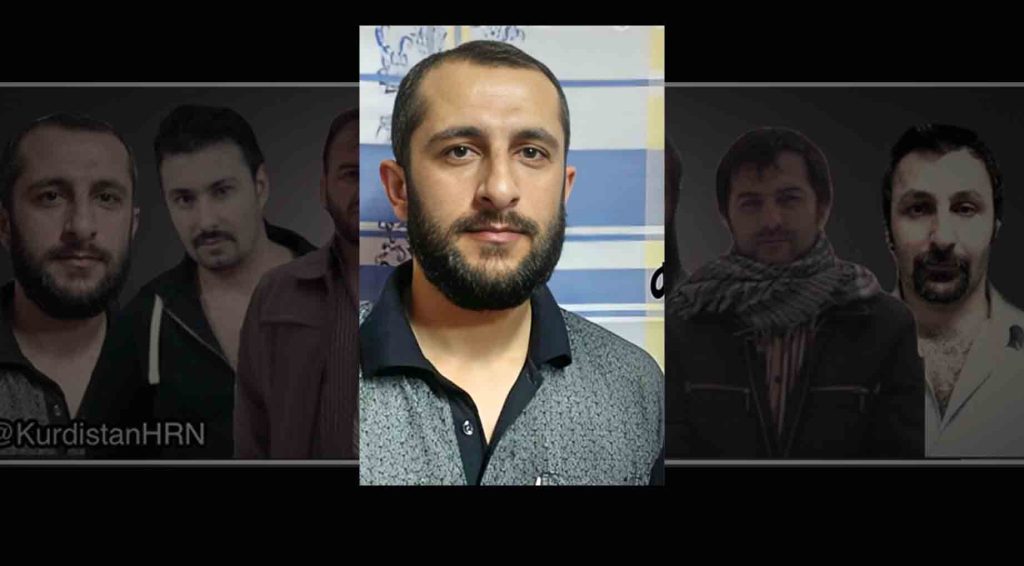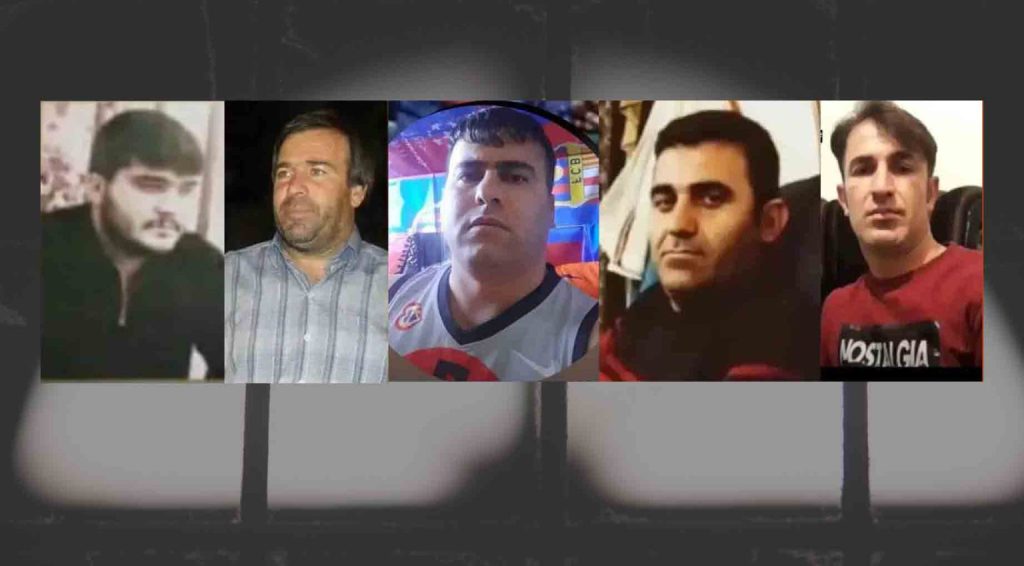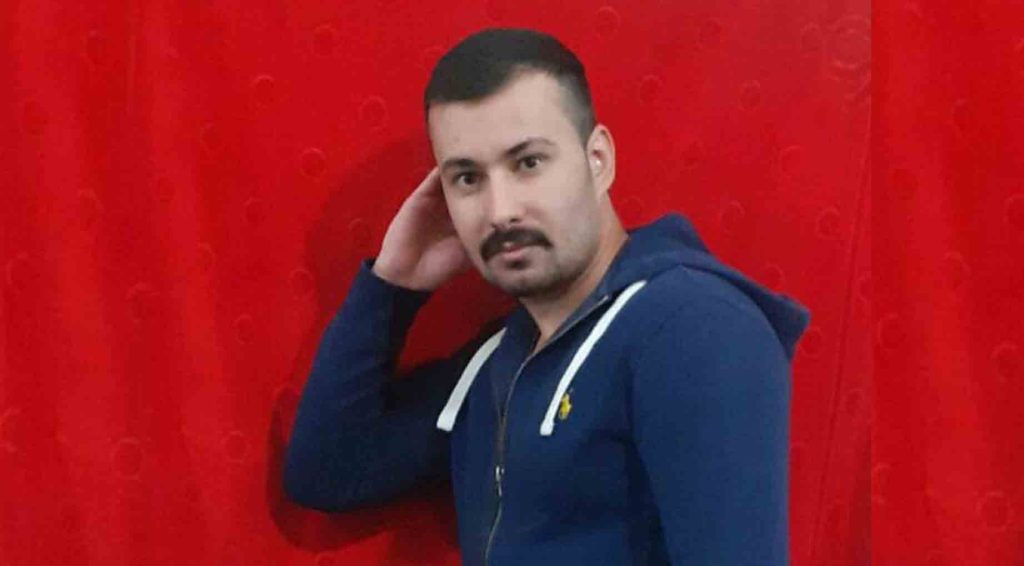Kurdish political prisoner Shaker Behrouz was sentenced to death by Branch 2 of the Orumiyeh Revolutionary Court on charges of “taking up arms against the state”(baqi) through membership in the Komala Party.
A source familiar with the political prisoner’s case has told the Kurdistan Human Rights Network (KHRN) that “the trial of Shaker Behrouz was held a few weeks ago at Branch 2 of the Revolutionary Court of Orumiyeh, presided over by Judge Sheikhlou, and his lawyer was officially notified of the death sentence today.”.
“Shaker Behrooz, a citizen of Orumiyeh, presented himself to the Orumiyeh Intelligence Office in the fall of 2018 when he returned to Iran after receiving an “immunity letter” from the Islamic Revolutionary Guard Corps (IRGC). He was detained but released after 14 days of interrogation at the Ministry of Intelligence Detention Centre in Orumiyeh.
Three months after his release, on February 17, he was arrested by the IRGC’s intelligence especial forces on charges of killing “a member of IRGC” and interrogated for a year and 18 days in the IRGC al-Mahdi barracks under physical and psychological torture.”, the source added.
According to this source, this political prisoner was transferred to Branch 2 of the Revolutionary Court of Orumiyeh after 5 months of detention in IRGC detention centre. His hearing only lasted for a few minutes and he was sentenced to 5 years in prison on charges of” membership in the Kurdistan Democratic Party of Iran.
“Shaker Behrooz was initially sentenced to 5 years in prison on charges of membership in the Kurdistan Democratic Party of Iran, but the Security institution also charged him with “baqi” based on his “membership of Komala” and “murder of a member of the IRGC.”, the source added.
The source referred to the “forced confessions” of the political prisoner during interrogation “due to severe mental and physical torture.” and added that “at least 10 people of Dizaj, Marghur, Orumieh, signed a joint testimony stating that Shaker Behrooz was with them in a shop at the time of the murder of the IRGC member, but the court refused to accept the witness statement.”
“IRGC interrogators have repeatedly told this political prisoner during interrogations that it would be difficult for him to receive an “immunity letter” from the Intelligence Office and he should make the necessary arrangements with this security agency in order to return to Iran. However, the IRGC had stated that he would not face any problems. In fact, the scenario against this political prisoner is a reflection of the rivalries between these two security institutions.”, the source added.

